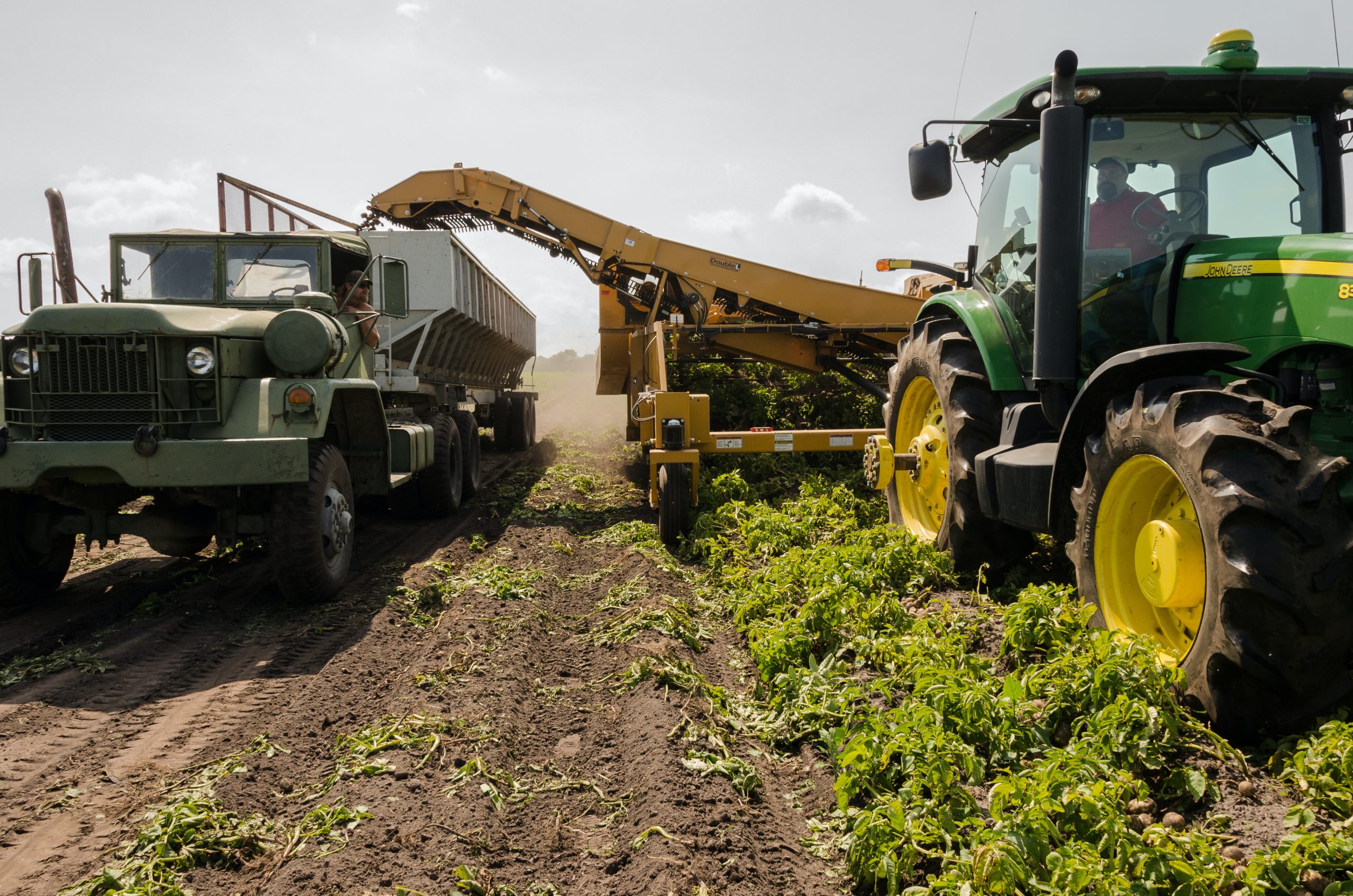Air compressors have helped to mitigate the impact of the current shortage of fresh fruits and vegetables in the United Kingdom. Together with nitrogen-generating technologies, their involvement in establishing controlled atmospheres that extend the shelf life of fresh goods has aided in preserving the quality, nutrient content, and flavour of agricultural items in times of shortage.
However, it is critical to recognise that air compressors cannot be seen as a one-size-fits-all solution. To develop a sustainable and resilient agricultural system, the UK must address the underlying issues that contributed to the national shortage of fresh food in the first place.
Labour shortages have also harmed the agricultural business. Policies aimed at attracting and retaining qualified agricultural workers, as well as encouraging education and training programmes and researching robots and automation, can all help to avert future shortages.
The COVID-19 pandemic wreaked havoc on worldwide supply lines, particularly agriculture. Resilient supply chain solutions that favour local sourcing and investments in digital technology must be considered to minimise future disruptions.
In the future, the UK can boost resilience by implementing enhanced weather monitoring, sustainable agricultural practices, collaboration, and support for local food systems.
Tim McGill, Area General Manager at Direct Air commented:
“Air compressors and related technology such as nitrogen generators are critical for our customers operating across the Food and Beverage industry. Compressed air systems help in facilities producing food and drink that is consumed daily in the UK, specifically at dairy production sites, where nitrogen injection is used to create micro-bubbles for improving texture whilst not affecting the great taste of products such as cream and desserts.
Nitrogen purging, filling, blanketing and so many more applications are used across the food and beverage industry to help prolong shelf life, preventing oxidisation and contamination and protecting our food.”
Here are some other ways air compressors play a pivotal role in ensuring a steady supply of fresh produce, even in the face of adversity:
Improved Storage and Preservation
One of the key advantages of air compressors in agriculture is their involvement in improving fresh product storage conditions. Air compressors assist in increasing the shelf life of fruits, vegetables, and other perishables by maintaining a regulated atmosphere. This is especially important during times of surplus, ensuring that the product does not go to waste and may be preserved for extended periods.
Enhanced Irrigation Systems
Water shortage is a developing issue in many places in the United Kingdom. To guarantee optimal water utilisation, air compressors are now being incorporated into sophisticated irrigation systems. These devices employ compressed air to distribute water straight to plant roots, decreasing evaporation and ensuring crops receive adequate moisture. This not only saves water but also ensures that crops survive even during periods of drought.
Pest Control
Pests may wreak havoc on crops, causing farmers to suffer huge losses. Traditional pest control methods frequently require the use of chemicals, which may be detrimental to the environment as well as the crop itself. Air compressors provide a more environmentally friendly alternative. They may expel pests from plants without the use of pesticides by producing a forceful blast of air, guaranteeing that the food stays organic and safe for ingestion.
Automation and Efficiency
The use of air compressors in farming equipment has resulted in improved agricultural automation. Compressed air systems guarantee that operations be accomplished more effectively and precisely, from sowing seeds to harvesting crops. This is especially useful during labour shortages because vast farms require fewer people.
Reducing Post-Harvest Losses
Farmers are concerned about post-harvest losses. Produce damage, whether caused by handling or transportation, can result in financial losses. Air compressors help to ensure that food is handled carefully during the packing process. Compressed air-powered automated systems can sort, package, and transport fresh product with little damage, ensuring that it reaches consumers in the finest condition possible.
Conclusion
The issues facing UK agriculture, particularly fresh product shortages, necessitate imaginative and long-term solutions. With their numerous applications, air compressors have proven to be useful instruments in this attempt.
They are ensuring that UK agriculture remains robust and continues to fulfil consumer expectations by increasing storage, improving irrigation, giving chemical-free pest management, automating processes, and minimising post-harvest losses. As the industry evolves, the importance of air compressors in influencing the future of UK agriculture cannot be overstated.





